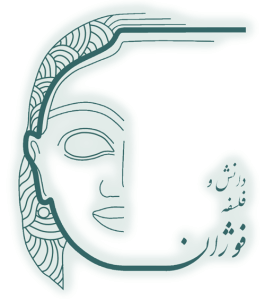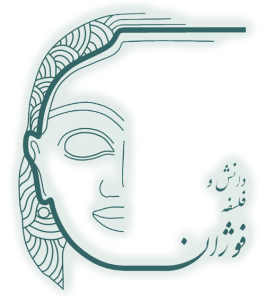Ned Block
- Silver Professor; Professor of Philosophy and Psychology, Department of Philosophy
- New York University, https://as.nyu.edu/faculty/ned-block.html
- Email: block@nyu.edu
- Website: https://www.nedblock.us/
Main Interests
- Philosophy of mind
- Philosophy of neuroscience and cognitive science
Remarkable ideas
- Blockhead
- China brain
About Ned
Ned Block (PhD, Harvard) was born in 1942, in Chicago and is an American philosopher. He is a Silver Professor of Philosophy, Psychology and Neural Science. Block came to NYU in 1996 from MIT where he was Chair of the Philosophy Program.
Now, He works in philosophy of perception and foundations of neuroscience and cognitive science and is currently writing a book on the perception/cognition border: The Border between Seeing and Thinking.
He is a Fellow of the American Academy of Arts and Sciences; a Fellow of the Cognitive Science Society; has been a Guggenheim Fellow; a Senior Fellow of the Center for the Study of Language and Information; a Sloan Foundation Fellow at the University of California, Berkeley; a faculty member at two National Endowment for the Humanities Summer Institutes and two Summer Seminars; the recipient of fellowships from the National Endowment for the Humanities, the American Council of Learned Societies, and the National Science Foundation; a recipient of the Robert A.
He is a past president of the Society for Philosophy and Psychology, a past Chair of the MIT Press Cognitive Science Board, and past President of the Association for the Scientific Study of Consciousness.
He is co-editor of The Nature of Consciousness: Philosophical Debates (MIT Press, 1997).
Block is noted for presenting the Blockhead argument against the Turing test as a test of intelligence in a paper titled “Psychologism and Behaviorism” (1981). He is also known for his criticism of functionalism, arguing that a system with the same functional states as a human is not necessarily conscious.[5]: 174 In his more recent work on consciousness, he has made a distinction between phenomenal consciousness and access consciousness, where phenomenal consciousness consists of subjective experience and feelings and access consciousness consists of that information globally available in the cognitive system for the purposes of reasoning, speech and high-level action control. He has argued that access consciousness and phenomenal consciousness might not always coincide in human beings.
Block has been a judge at the Loebner Prize contest, a contest in the tradition of the Turing Test to determine whether a conversant is a computer or a human.
Books
- The Nature of Consciousness, Philosophical Debates, with Owen Flanagan, and Güven Güzeldere, 1997
- Imagery, Ned Block, 1981
- Readings in Philosophy of Psychology, Volume II (Language and Thought) Hardcover – May 23, 2014
- Blockheads! Essays on Ned Block’s Philosophy of Mind and Consciousness, edited by Adam Pautz and Daniel Stoljar came out in January 2019 from MIT Press. It contains 18 articles each of which is replied to by Ned Block.
- Consciousness, Function, and Representation, Volume 1: Collected Papers (A Bradford Book), MIT Press; Illustrated edition (April 13, 2007)
- Imagery (Bradford Books), The MIT Press; 1st edition (November 6, 1981)
- The Border Between Seeing and Thinking (PHILOSOPHY OF MIND SERIES), Oxford University Press, upcoming.
Awards
- Muh Alumni Award in Humanities and Social Science from MIT.
- The Jean Nicod Prize (list of past recipients of the Jean Nicod Prize)
- Ecole Normale Superieure, Paris.
- The 2021 Dr Martin R.Lebowitz and Eve Lewellis Lebowitz Prize for Philosophical Achievement and Contribution jointly with Ian Phillips.
- The Philosophers’ Annual selected his papers as one of the “ten best” in 1983, 1990, 1995, 2002 and 2010.













